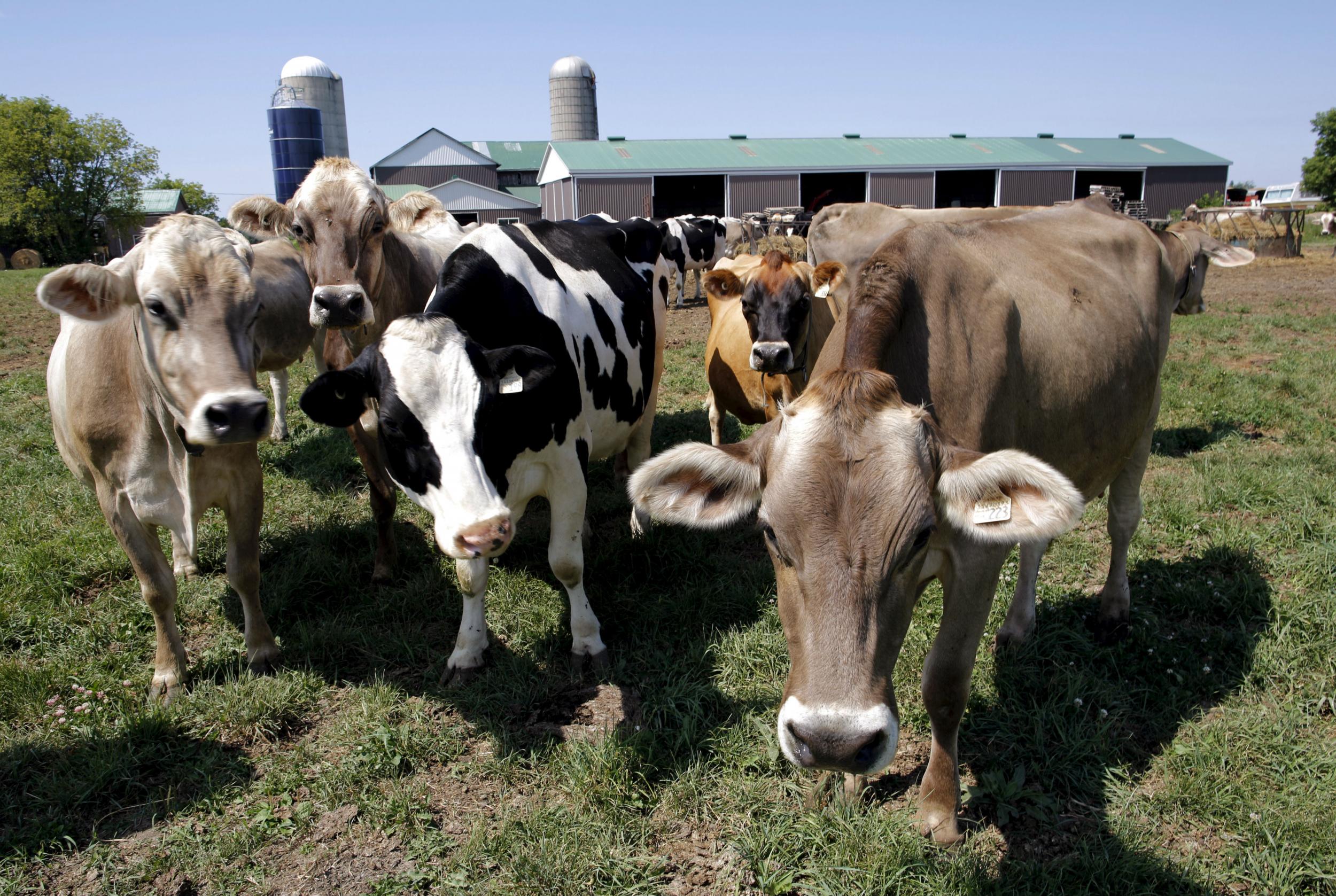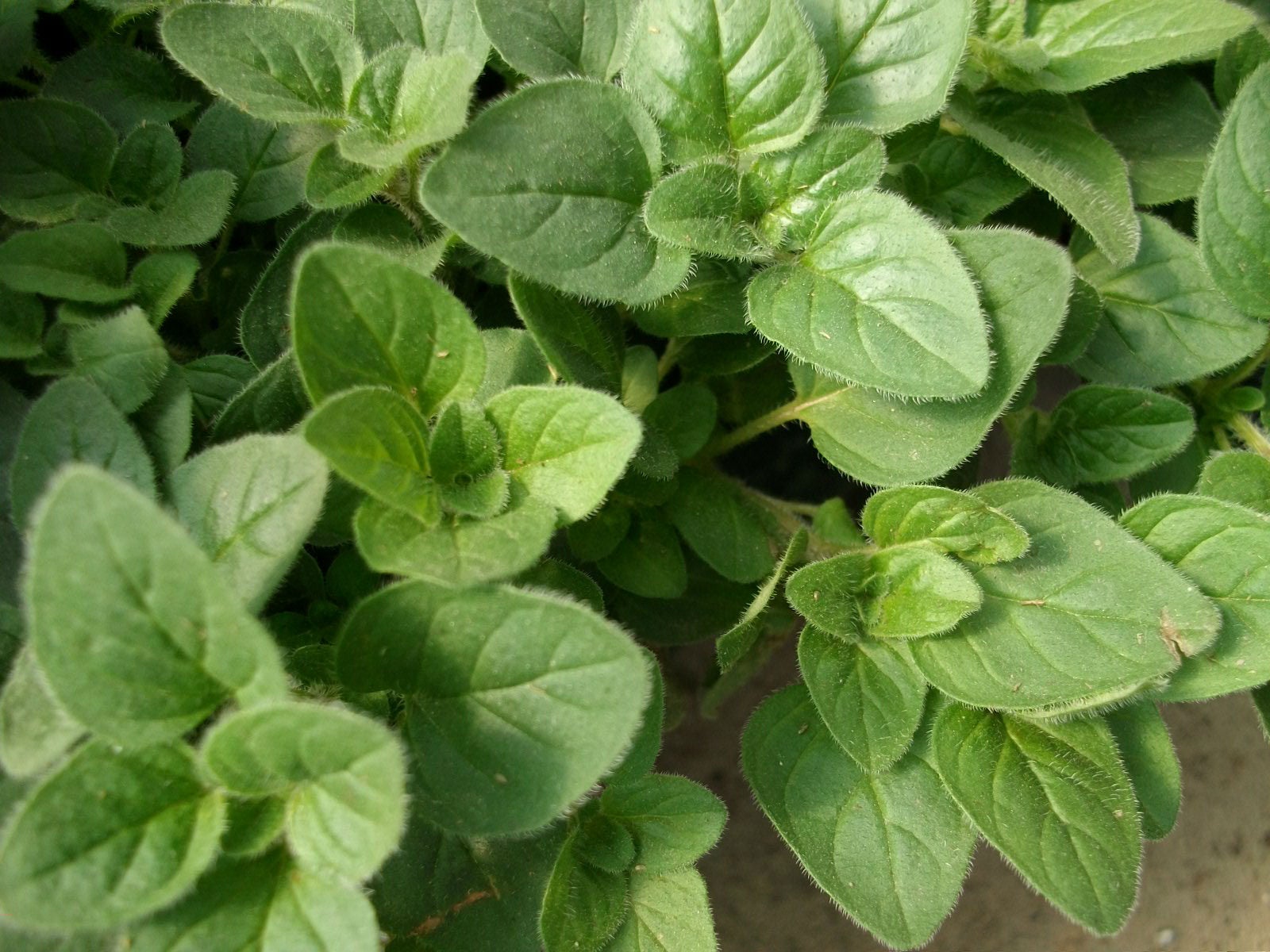Feeding cows oregano can reduce methane and 'help fight climate change'
Researchers in Denmark believe they have found a simple solution

Cows are known to let off a lot of gas. Their belching and flatulence is estimated to contribute to almost 20 per cent of global greenhouse gas emissions.
Yet researchers in Denmark believe they could help solve the problem simply by feeding those cattle oregano.
Researchers at Aarhus University believe that adding oregano to a cow's diet would alter the balance of bacteria in their digestive systems and reduce the amount of methane released. Methane is 25 times more powerful than carbon dioxide at trapping heat and a cow weighing 550kg is thought to produce 800 to 1,000 litres of emissions each day. The US Department of Agriculture estimates that as of last summer there were 98 million cattle in the US.

“Oregano has essential oils with a mild antimicrobial called carvacrol, which can kill some of the bacteria in the cow’s rumen that produce methane,” Kai Grevsen, a senior researcher who specialises in crop science, told NPR. “Of course, you can’t kill all of the bacteria, or the cow would die.”
Researchers have been looking at reducing the amount of methane produced by animal livestock for many years. A team at Pennsylvania State University has reported that adding the chemical 3-nitrooxypropanol (3NOP) to cattle feed can reduce methane emissions by 30 per cent.
Other scientists are experimenting with different additives, feed combinations and even an anti-methane vaccine.
Yet the power of the Danish research also lies in the fact that the solution could also be organic. One of the sponsors of Mr Grevsen's study, along with the Danish government, is Naturmælk, a Danish organic dairy that has said it wants to make its products more climate-friendly.
The researchers have been focusing on using Greek oregano because of its high concentration of oil. They hope this method will cut methane by 25 per cent.
Dr Greveson said cows lose a lot of their energy through the process of releasing methane. He told the broadcaster he hopes the energy saved by blocking the methane-producing bacteria will allow the cow to generate more milk and therefore be more beneficial to farmers.
“We definitely think this could become a widespread solution, for both organic and conventional farmers,” he said. “It just depends on finding an inexpensive way to produce the oregano.”
Join our commenting forum
Join thought-provoking conversations, follow other Independent readers and see their replies
Comments
Bookmark popover
Removed from bookmarks